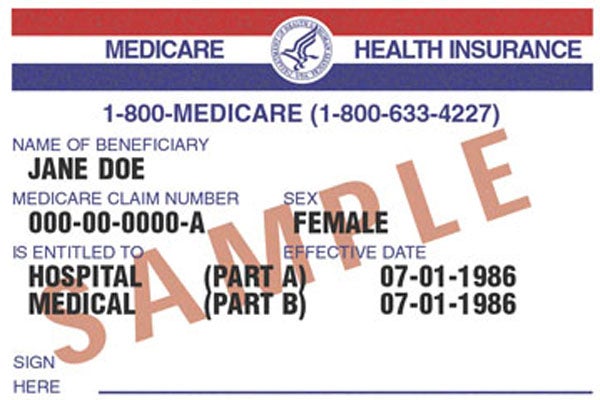Medical goes digital
Published 6:15 pm Friday, July 8, 2011
By Desiree Taylor & Jason Cannon
SELMA – Many rural physicians don’t have access to newer technological advances to help them sort through patient information easily. But, thanks to a new federal initiative, paper patient charts can now be obsolete.
Alabama Gov. Robert Bentley made a stop in Selma and visited Pediatric Adolescent Medicine, Inc. on Medical Center Parkway Thursday morning to emphasize the importance of rural physicians moving to the electronic medical health records, or EHR, system.
Demopolis’ Fitz-Gerald Clinic is among the first in the area to receive federal incentives for incorporating the program.
“What we’ll do is our records will be shared with the state,” Clinic Administrator Mack Fitz-Gerald said. “(Physicians) will be able to access your medical records through (a) medical records exchange.”
Fitz-Gerlad said the exchange would be at its most practical if a person became sick or injured far away from home.
“Say you’re in a car wreck in Hawaii,” he said. “The physicians there could access our records through that exchange and see what medications you’re on an see your medical history.”
The Health Information Technology Economic and Clinical Health Act, HITECH, part of the American Recovery and Reinvestment Act of 2009, established programs and authorized funding to support rapid adoption and meaningful use of electronic health records by doctors, hospitals and other health providers nationwide. HITECH also established the Medicare and Medicaid Electronic Health Records Incentive Programs to provide incentive payments to eligible professionals and eligible hospitals for using the technology. Physicians can apply for the Meaningful Use Incentive Payment Program, which offers them nearly $64,000, to implement into their practices.
Bentley said he is trying to improve the quality of healthcare for all patients by cutting down on medical error and duplication in paperwork.
“One of the ways I feel we best do that is to be able to transmit records from one physician or hospital to another,” Bentley said. “Being able to have good, clear, concise records are very important, and if we’re going to improve the quality of care all across the country, and especially in rural areas, we need to continue to improve the quality we have in electronics
“It’s not to invade people’s privacy – it’s to enhance the quality of healthcare in the state and for all of our patients.”
Enrollment for the program began in Alabama in April and providers have until 2016 to participate. Since June, 234 eligible professionals have qualified for $5 million in payments and 11 hospitals have received $10 million in payments.






